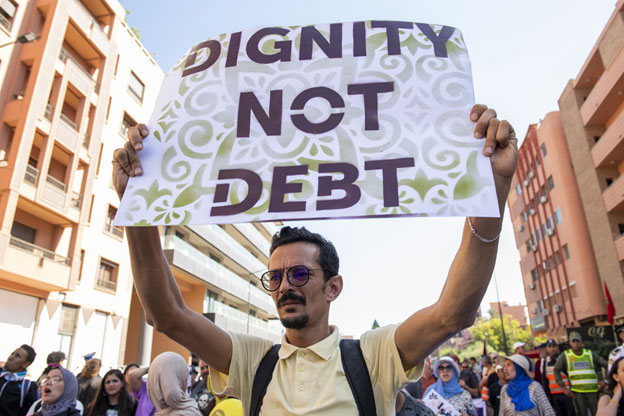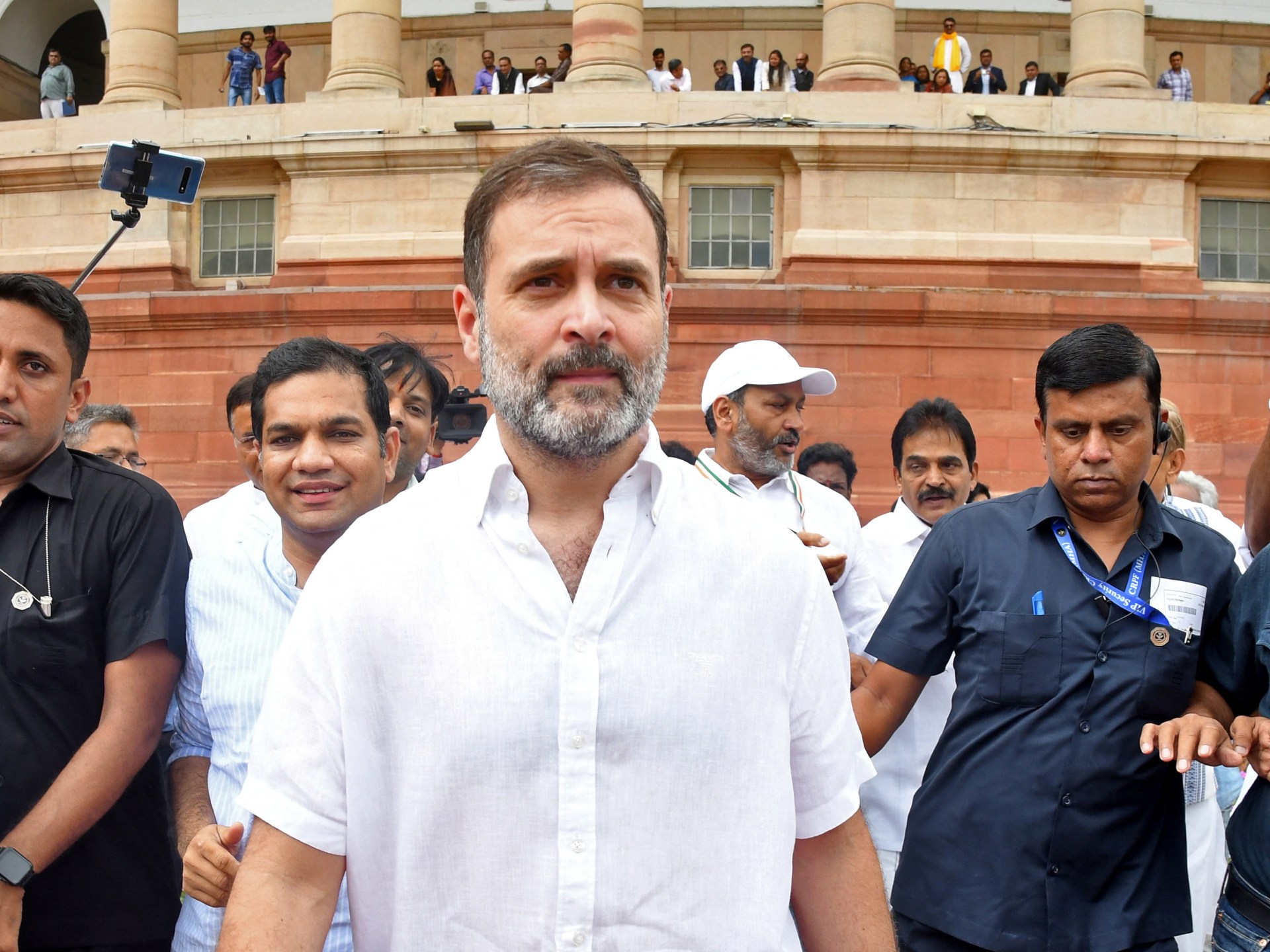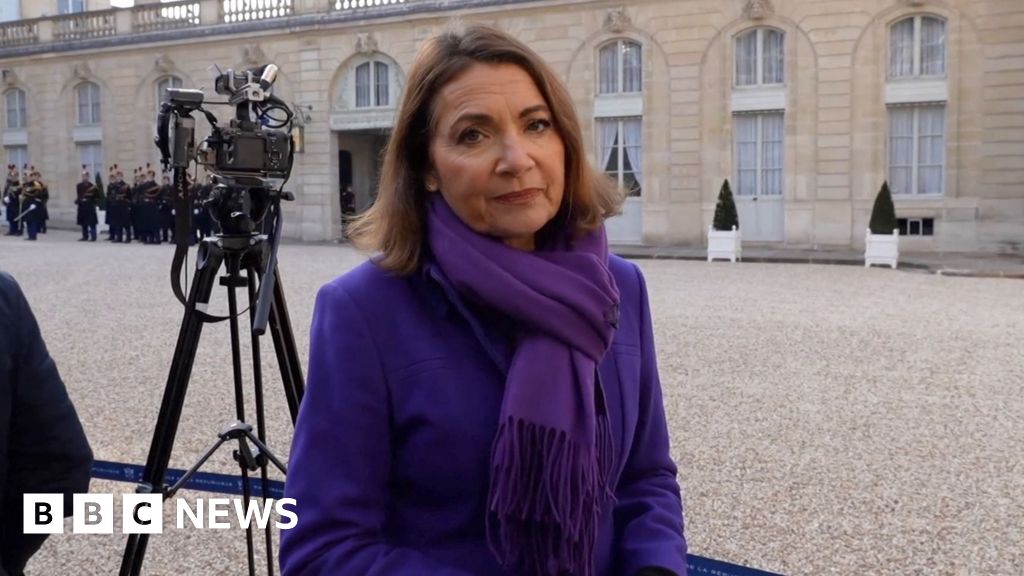Big Changes Coming to the World BankBut its Not Enough — Global Issues
LONDON, Oct 19 (IPS) – It’s official: The World Bank officially has a mission to combat climate change. At least on paper.
This week, the World Bank governing body approved a new vision statement that clarifies that the Bank can tackle climate change as part of its mission to alleviate global poverty on “a livable planet.” Also this week, the new World Bank President Ajay Banga suggested that he’ll be consider redirecting subsidies away from fossil fuels and towards climate action.
This is not nearly enough. The World Bank is still funneling billions of dollars to the fossil fuel industry each year, through direct and indirect finance mechanisms. Urgewald estimates that they funded $3.7 billion towards oil and gas last year.
This is despite the fact that they’ve made a commitment to align with the Paris Climate Agreement and do what it takes to keep global warming under 1.5 degrees Celsius. In order to do so, experts with the International Energy Agency warned that there is ‘no room’ for new fossil fuel development if we’re going to reach this goal.
The IEA also said that fossil fuel subsidies are an inefficient way to help consumers. Yet despite this, Banga admitted he didn’t plan to “get rid of all” fossil fuel subsidies. Just that the topic “needs discussion.”
Still – it’s hard to imagine this new vision statement coming out one year ago, under the helm of former climate change-denying president David Malpass. After his climate change denial caused public outrage–and protests around the world–he stepped down, and US President Joe Biden appointed a new president.

Banga started with a clear societal mandate to accelerate climate action at the World Bank. He was given a 100-day plan to end fossil fuel finance, fund a just and green transition, and promote transparency.
Last week, Banga’s opportunity arrived during the World Bank Group and International Monetary Fund Annual Meetings in Marrakech. The first meetings run by Banga after months of him talking up his climate change credentials.
Organizations from around the world teamed up with local Moroccan activists to put on the pressure. It started before the meetings began, with billboards blanketing the city. They had two key demands: End Fossil Finance and Drop the Debt.
Why end fossil finance?
Because the World Bank, despite its commitments to the Paris Climate Agreement, has continued funneling billions of dollars to fossil fuel projects through direct and indirect mechanisms.
And why drop the debt?
Because global debt is at a decades-long high, with people in 54 countries currently living in debt crisis, and unless these colonial debt deals can be fixed, many developing countries can’t afford to invest in the climate solutions they so desperately need.
The action continued all week long. On the first day of the meetings, we stood outside the meeting venue to greet every World Bank delegate on their way inside. Many groups joined the meetings and delivered a petition to Banga himself, with 40,000 people calling on him to end fossil finance.
Last Thursday, hundreds marched through the streets of Marrakech. And on the final day of the conference, activists returned to the conference venue for one last rousing rally and day of action.
Meanwhile, the Bank must consider the intertwined relationship between debt relief for developing nations and environmental sustainability. Offering debt relief can free up resources, enabling these nations to explore and invest in green technologies.
This would not only aid in their fight against climate change but also propel them toward a sustainable economic trajectory. Banga has outlined a few steps to greatly increase funding that can flow through the World Bank.
But we must make sure such increased funding doesn’t continue to force developing countries into deals they can never get out of. It’s true that the world needs vastly more funding into clean energy industries if we are to transition to a sustainable economy. We need funding that helps those in need, not harms.
The World Bank acknowledging that it must do its job on a “livable planet” is the absolute bare minimum. It’s like an employee setting his printer on fire but telling his manager, “At least I didn’t burn the whole office down.”
Decades after the world’s top scientists have agreed that climate change is an existential threat, the Bank has a place for climate change in its vision statement. But what is a vision without a plan? And what is a plan on a dead planet?
The protestors have done their part, articulating a vision for a greener, fairer world economy. The ball now lies firmly in the court of institutions like the World Bank. As the drums of activism fade and the placards are put away, the world awaits their next move.
What will it be?
Andrew Nazdin is Director of Glasgow Actions Team
The Glasgow Actions Team formed around the UN Climate Conference in 2021 in Glasgow, which led to a landmark deal putting the world on the trajectory to ending financing for fossil fuels. The organization is committed to pushing the world’s climate champions to go farther, calling out the blockers, and exposing the deniers. Throughout the 2023 Annual Meetings of the World Bank Group, they ran several actions calling on the World Bank to get in line with the Paris Climate Goals — to stop funding fossil fuels, invest in renewables, and become a more transparent and democratic institution.
To learn more, follow Glasgow Actions Team on Twitter, Instagram, , or check out the website.
IPS UN Bureau
Follow @IPSNewsUNBureau
Follow IPS News UN Bureau on Instagram
© Inter Press Service (2023) — All Rights ReservedOriginal source: Inter Press Service
Check out our Latest News and Follow us at Facebook
Original Source






